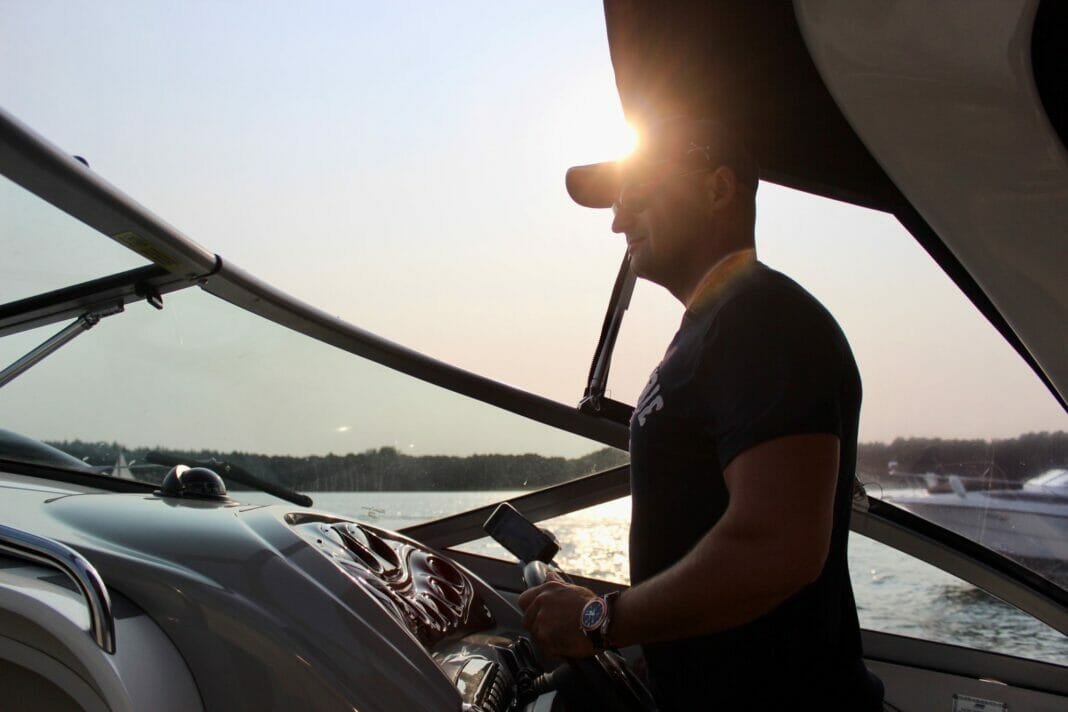Boating can be an enjoyable and rewarding hobby, offering a unique opportunity to connect with nature, spend time with friends and family, and explore new aquatic environments. However, before setting out on the water, it is vital for every boater to have a solid understanding of boating basics, safety practices, and navigation skills. By investing in a comprehensive boating education, you can increase your confidence, maximize your enjoyment out on the water, and reduce potential risks. In this article, we will discuss the importance of boating education, the topics you should cover, and ways to learn these essential skills.
Why Boating Education is Important
Boating is a complex activity that requires knowledge, skills, and experience to be practiced safely and responsibly. Boating accidents and injuries can result from a lack of education, poor decision-making, or failure to follow proper safety procedures. By gaining a foundation in boating education, you will be better equipped to:
- Make informed decisions on the water
- Prevent accidents
- Respond appropriately in emergencies
- Follow local and federal boating regulations
- Preserve the environment for future generations
Essential Boating Skills and Topics
Below are some of the critical topics that every boater should be knowledgeable about:
1. Basic Boat Terminology
Understanding commonly used boating terms, including parts of the boat, types of boats, and boating jargon, is essential for effective communication while on the water.
2. Boat Safety Equipment and Procedures
Educate yourself on the essential safety equipment required on board, such as life jackets, fire extinguishers, and distress signals. Familiarize yourself with common safety procedures, including the use of personal flotation devices and how to respond to a man-overboard situation.
3. Navigation and Rules of the Road
Learn how to read nautical charts and use a compass, as well as the roles of beacons, buoys, and other navigational aids. Familiarize yourself with the basic rules for navigating waterways safely, including the right-of-way, sound signals, and appropriate speeds.
4. Weather and Water Conditions
Understand how to interpret weather forecasts and recognize hazardous weather conditions that may impact your boating activities. Be aware of potentially dangerous water conditions such as currents, tides, and shallow areas.
5. Anchoring Techniques
Learn how to choose the appropriate anchor for different water conditions and how to set, retrieve, and maintain your anchor to ensure your boat remains stationary.
6. Boating Laws and Regulations
Make sure you understand the various local, state, and federal boating regulations that apply to your area, as well as any specific rules for the type of boat you will be using.
7. Environmental Awareness and Conservation
Learn how your boating activities can impact the environment and take steps to minimize your ecological footprint, for example, by preventing pollution and avoiding disturbances to wildlife.
Ways to Learn Boating Skills
There are numerous methods and resources available for boating education:
- Boating courses: Many states require boaters to take a certified boating safety course and obtain a boater education card. These courses, which can often be found online, cover the essential topics listed above and provide a valuable learning experience.
- Hands-on training: Join a local boating club or organization that offers hands-on training to hone your skills under the guidance of experienced boaters.
- Online resources: Many websites and organizations provide free boating education resources, including articles, videos, and interactive learning tools.
- Books: Invest in a comprehensive boating guide or manual that covers essential skills and knowledge in detail.
Whether you are a seasoned boater or new to the activity, continuous education and improvement of your boating skills are crucial. By dedicating time and effort to learning essential boating knowledge, you can significantly enhance your enjoyment on the water and ensure a safe and responsible boating experience for yourself, your passengers, and other boaters you may encounter.


